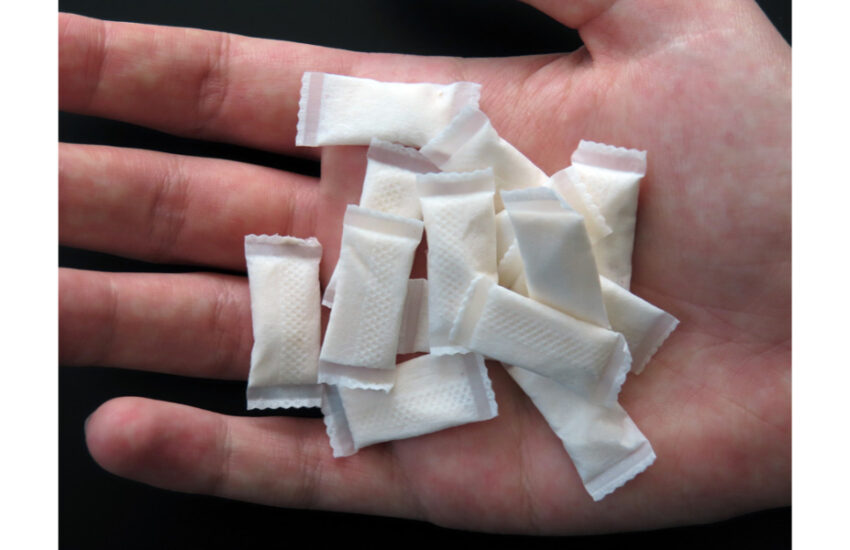The Link Between Hydration and Kidney Health
When it comes to maintaining overall health, staying hydrated is one of the simplest yet most powerful habits you can adopt. While most people are aware that drinking enough water is essential for general well-being, many underestimate just how crucial it is for kidney health. Your kidneys play a vital role in filtering waste from the blood, balancing electrolytes, and regulating blood pressure—and hydration directly impacts their ability to function effectively. Here’s why staying properly hydrated is key to keeping your kidneys healthy.
Why Hydration Matters for Kidney Function
Your kidneys filter about 50 gallons of blood every day, removing waste and excess fluids to produce around 1 to 2 quarts of urine. This process requires adequate water to ensure that toxins are efficiently flushed from the body. When you don’t drink enough fluids, your urine becomes more concentrated, which can put stress on the kidneys and increase the risk of kidney stones and infections.
How Dehydration Affects the Kidneys
Chronic dehydration can lead to a host of kidney-related problems, including:
- Kidney Stones: Dehydration causes urine to become more concentrated with minerals and salts, which can crystallize and form painful kidney stones.
- Urinary Tract Infections (UTIs): Inadequate hydration reduces urine flow, allowing bacteria to thrive in the urinary tract, leading to infections that can spread to the kidneys if untreated.
- Chronic Kidney Disease (CKD): Persistent dehydration can strain the kidneys over time, potentially contributing to chronic kidney disease or worsening existing conditions.
- Acute Kidney Injury (AKI): Severe dehydration can cause a sudden drop in kidney function, known as acute kidney injury, which requires immediate medical attention.
Signs You May Not Be Drinking Enough Water
It’s important to recognize the signs of dehydration before it impacts your kidney health. Common symptoms include:
- Dark yellow or amber-colored urine
- Infrequent urination (fewer than four times a day)
- Dry mouth and throat
- Fatigue or dizziness
- Muscle cramps
If you notice these symptoms, it’s a good idea to increase your fluid intake and consult a healthcare provider if they persist.
How Much Water Should You Drink?
The amount of water each person needs can vary based on factors like age, weight, activity level, and climate. A general guideline is to aim for about 8 glasses (64 ounces) of water per day. However, you may need more if you’re physically active, live in a hot climate, or have certain health conditions.
Your urine color can be a helpful indicator: pale yellow usually means you’re well-hydrated, while darker shades suggest you need more fluids.
Hydration Tips for Optimal Kidney Health
- Carry a Water Bottle: Having water on hand throughout the day makes it easier to stay hydrated.
- Eat Water-Rich Foods: Fruits and vegetables like cucumbers, watermelon, and oranges contribute to your daily fluid intake.
- Set Reminders: Use phone alarms or hydration apps to remind yourself to drink water regularly.
- Balance Caffeine and Alcohol: Both can contribute to dehydration, so be sure to drink extra water if you consume these beverages.
- Listen to Your Body: Thirst is a natural signal that your body needs more fluids—don’t ignore it!
When to See a Urologist
If you’re experiencing persistent kidney-related symptoms, such as frequent UTIs, blood in your urine, or ongoing pain in your lower back or sides, it’s time to consult a urologist. They can evaluate your kidney function and provide guidance on managing hydration and overall kidney health.
Final Thoughts
Proper hydration is one of the most effective ways to support your kidneys and prevent complications like kidney stones, infections, and chronic kidney disease. By making a conscious effort to drink enough water and recognizing the signs of dehydration, you can keep your kidneys functioning at their best. Remember, your kidneys work hard for you—help them out by staying hydrated! For a professional and reputable experience we recommend urologist brooklyn.




